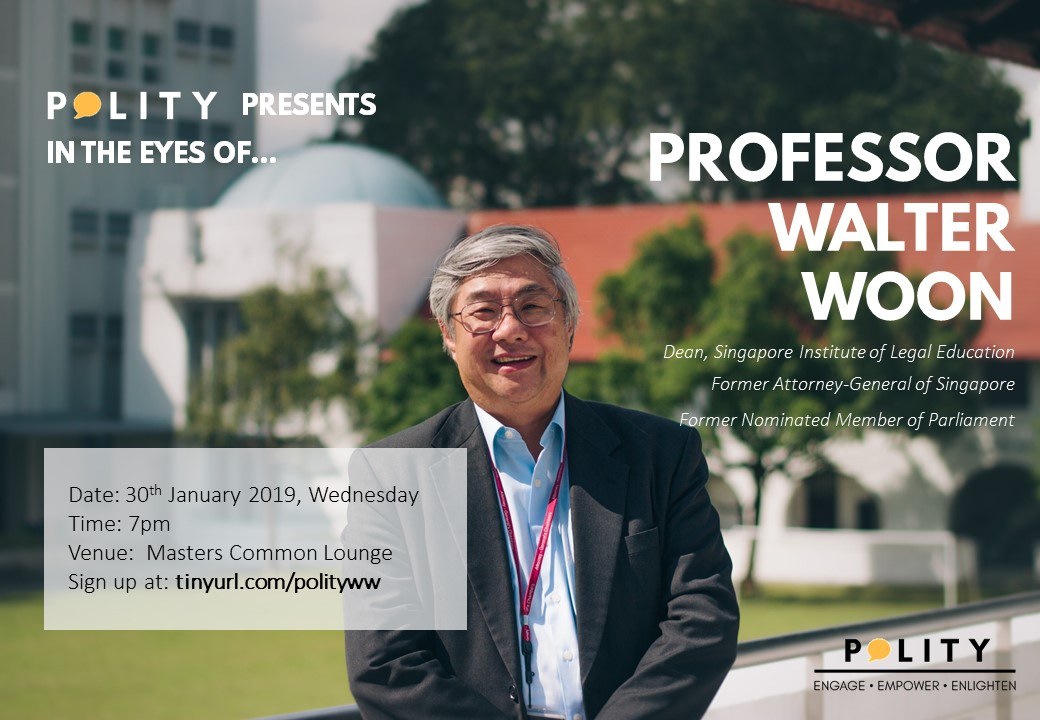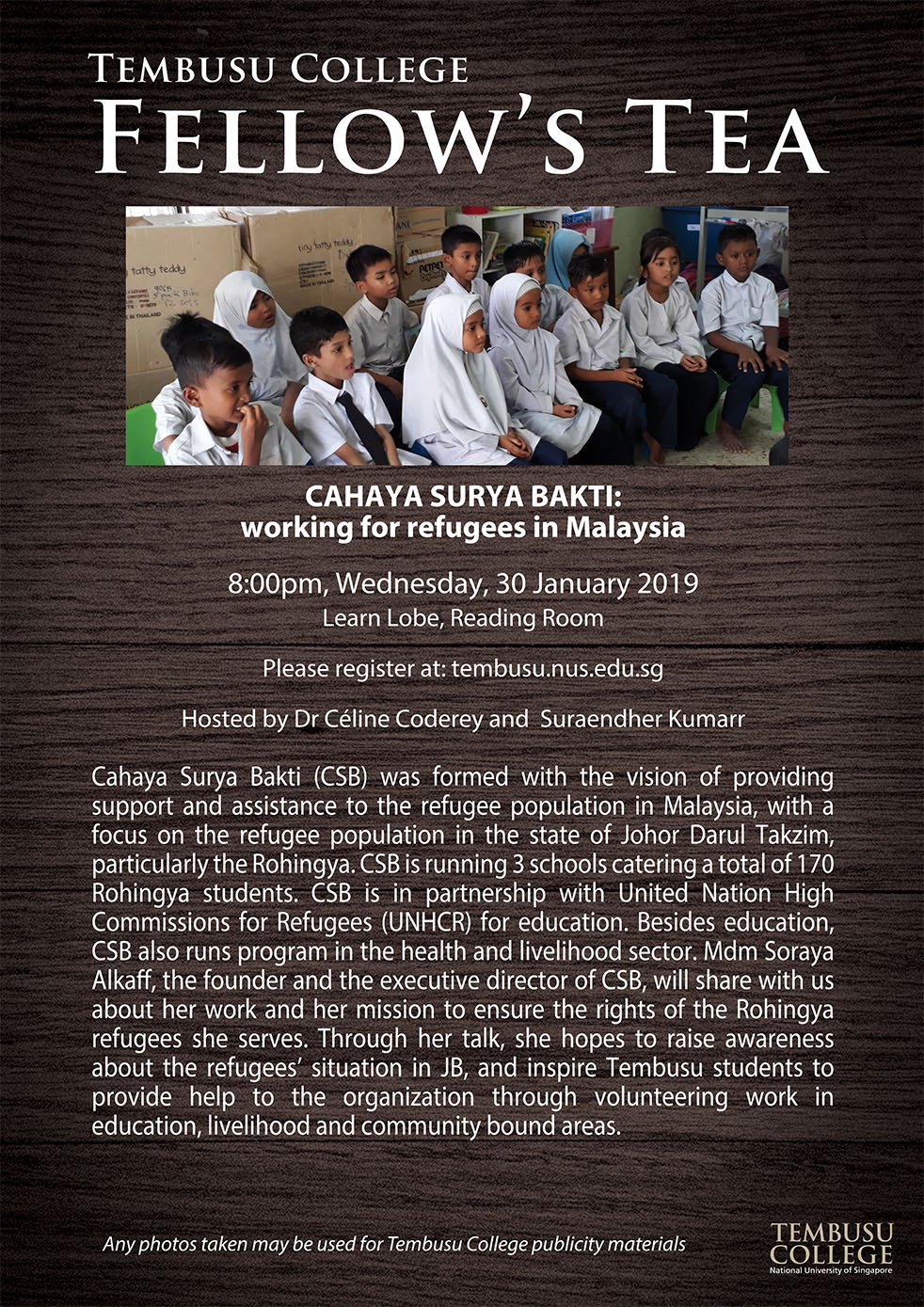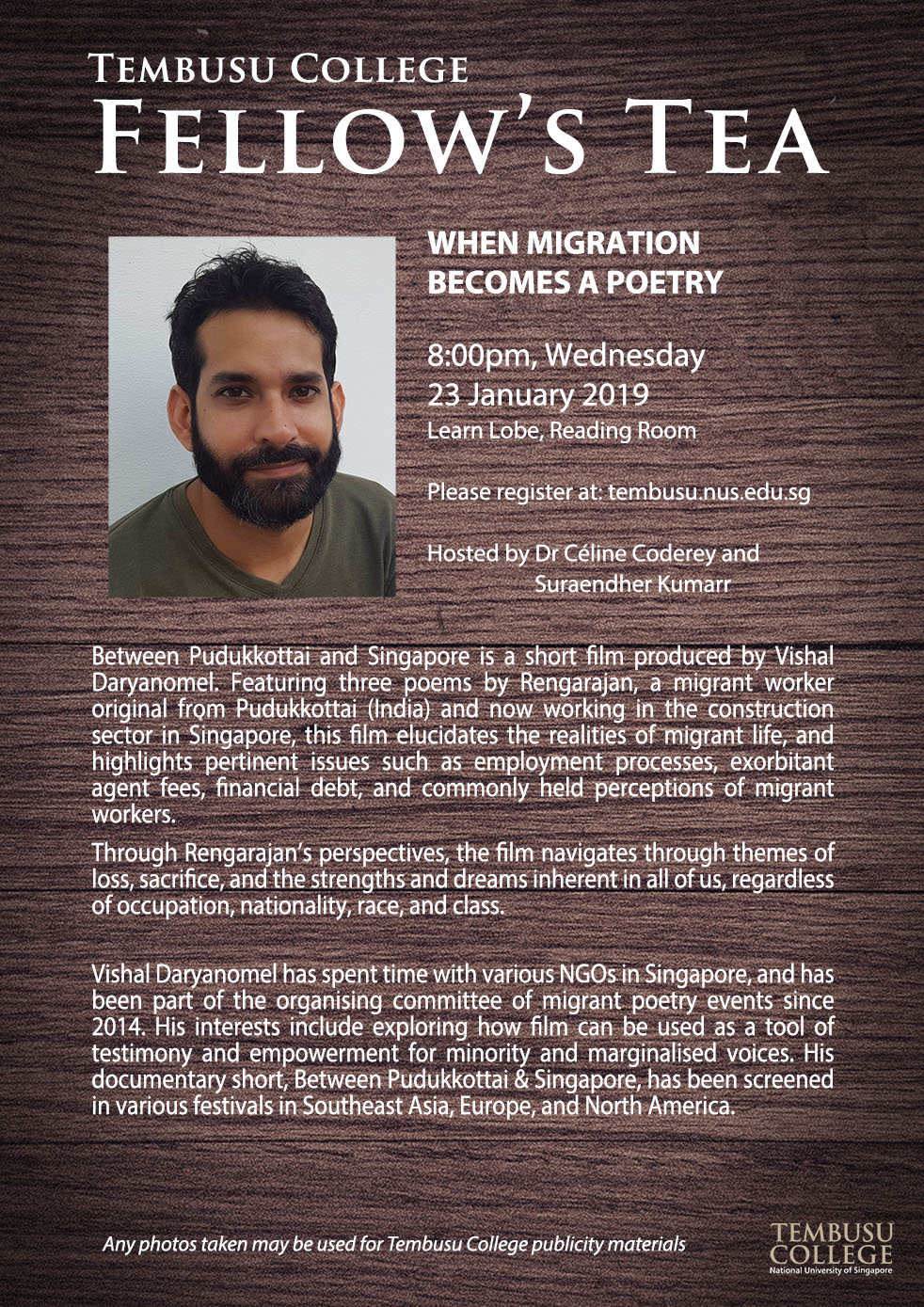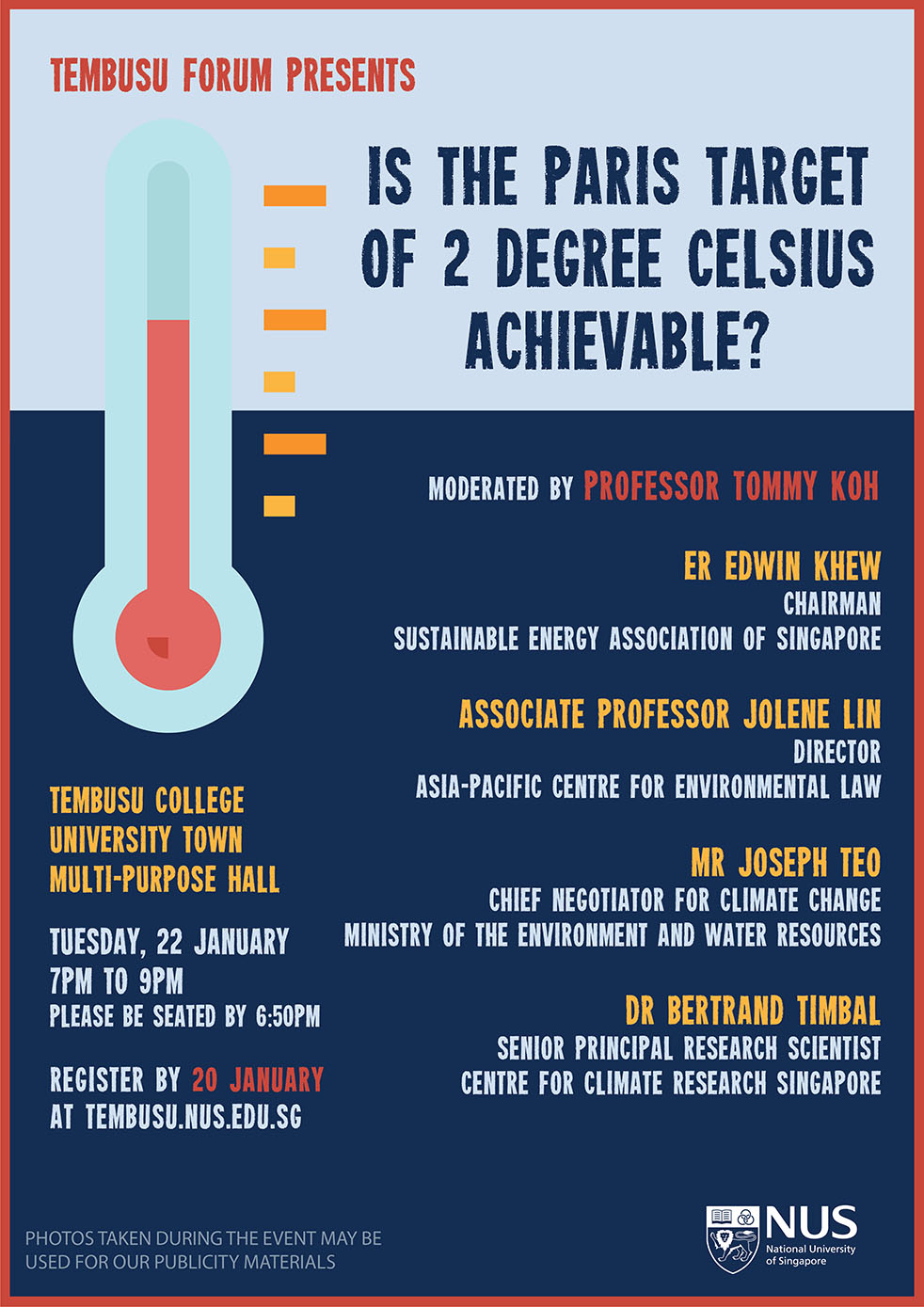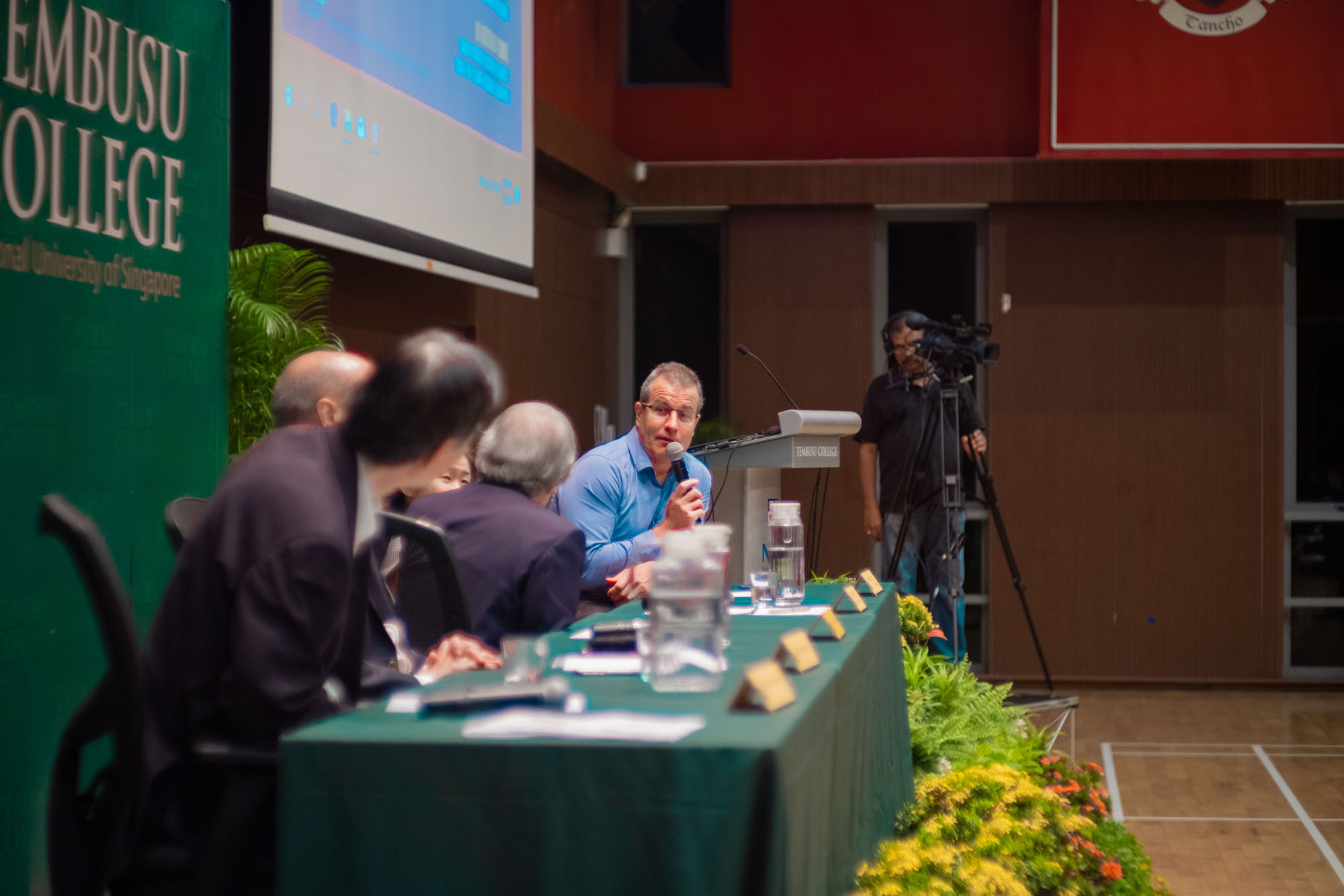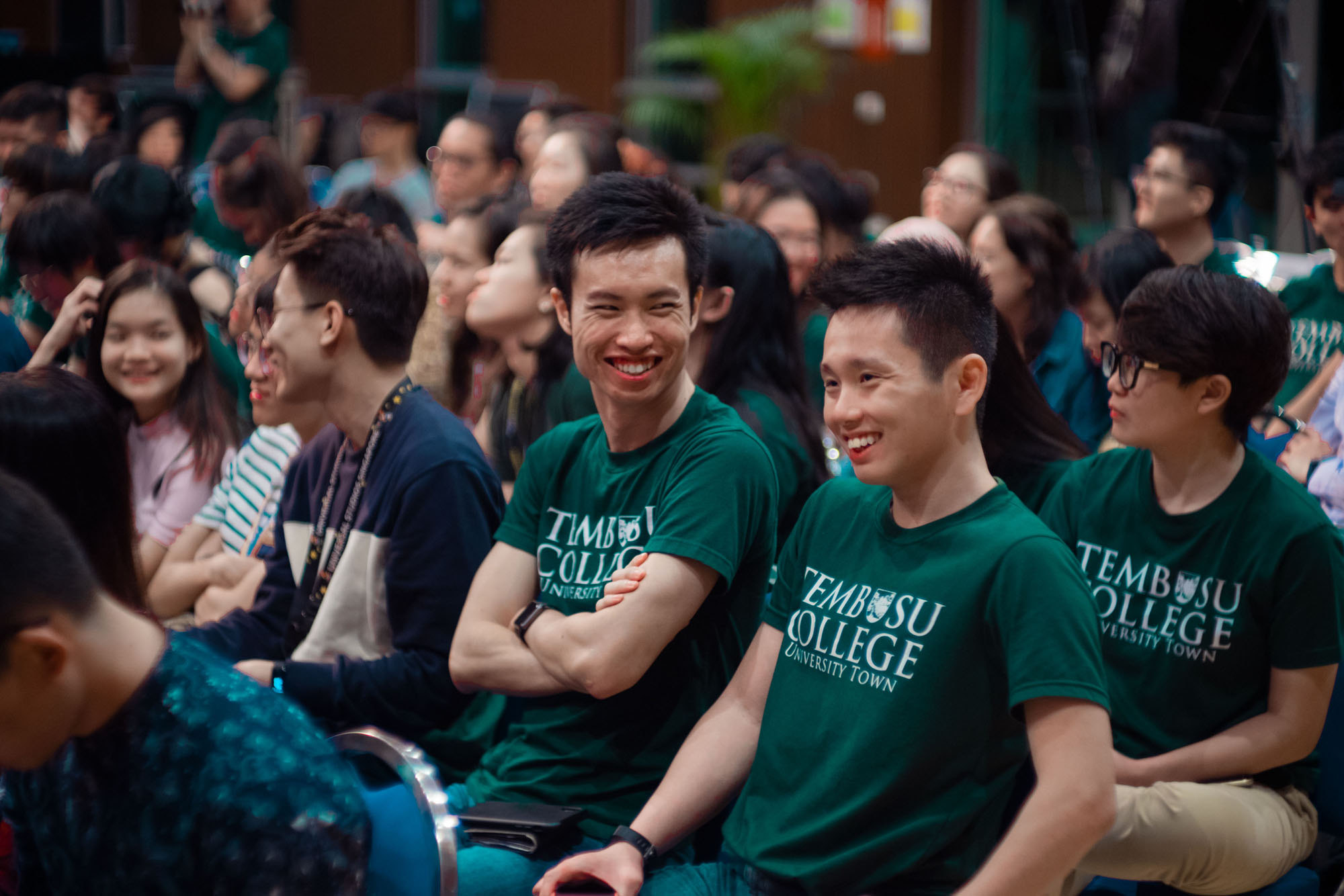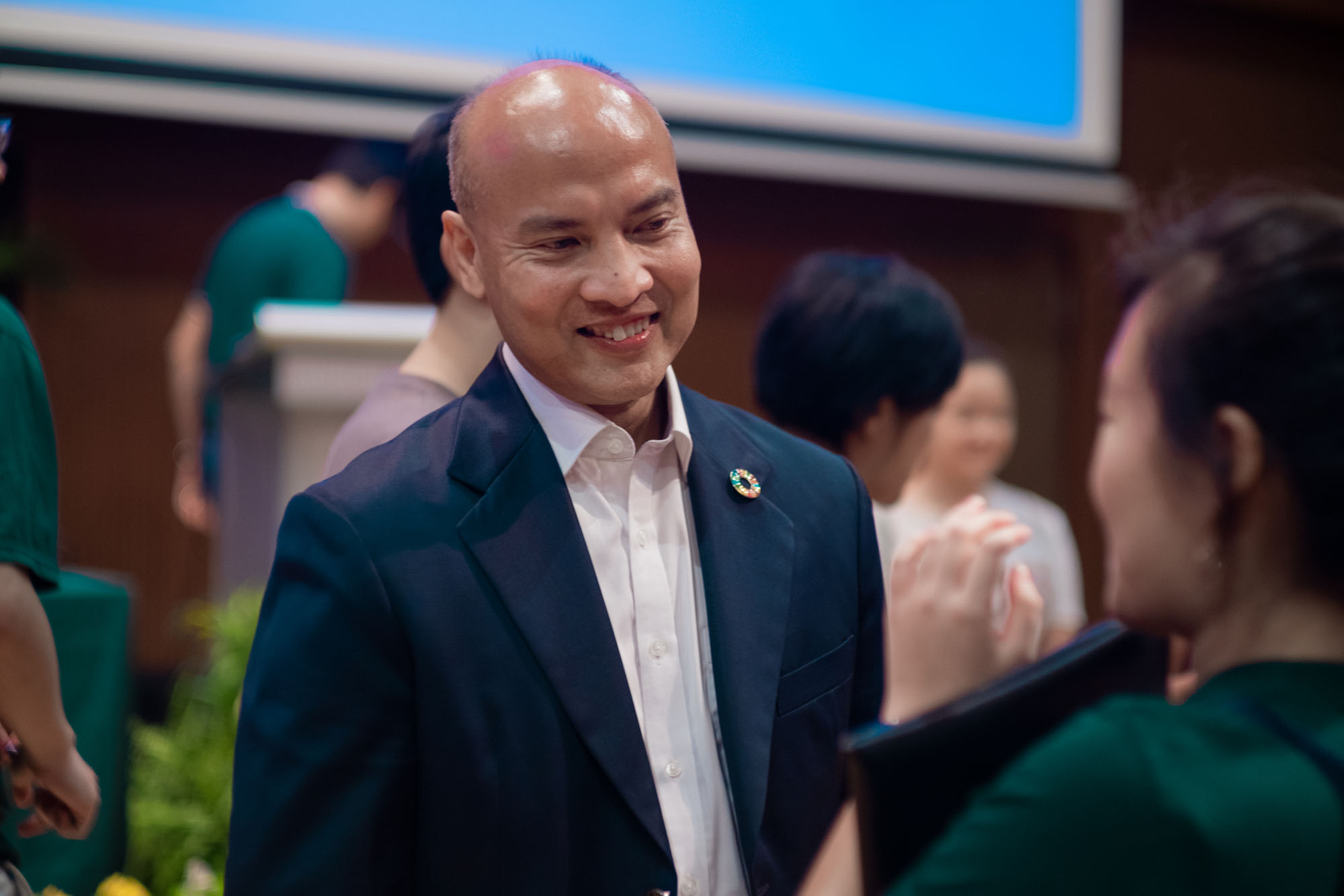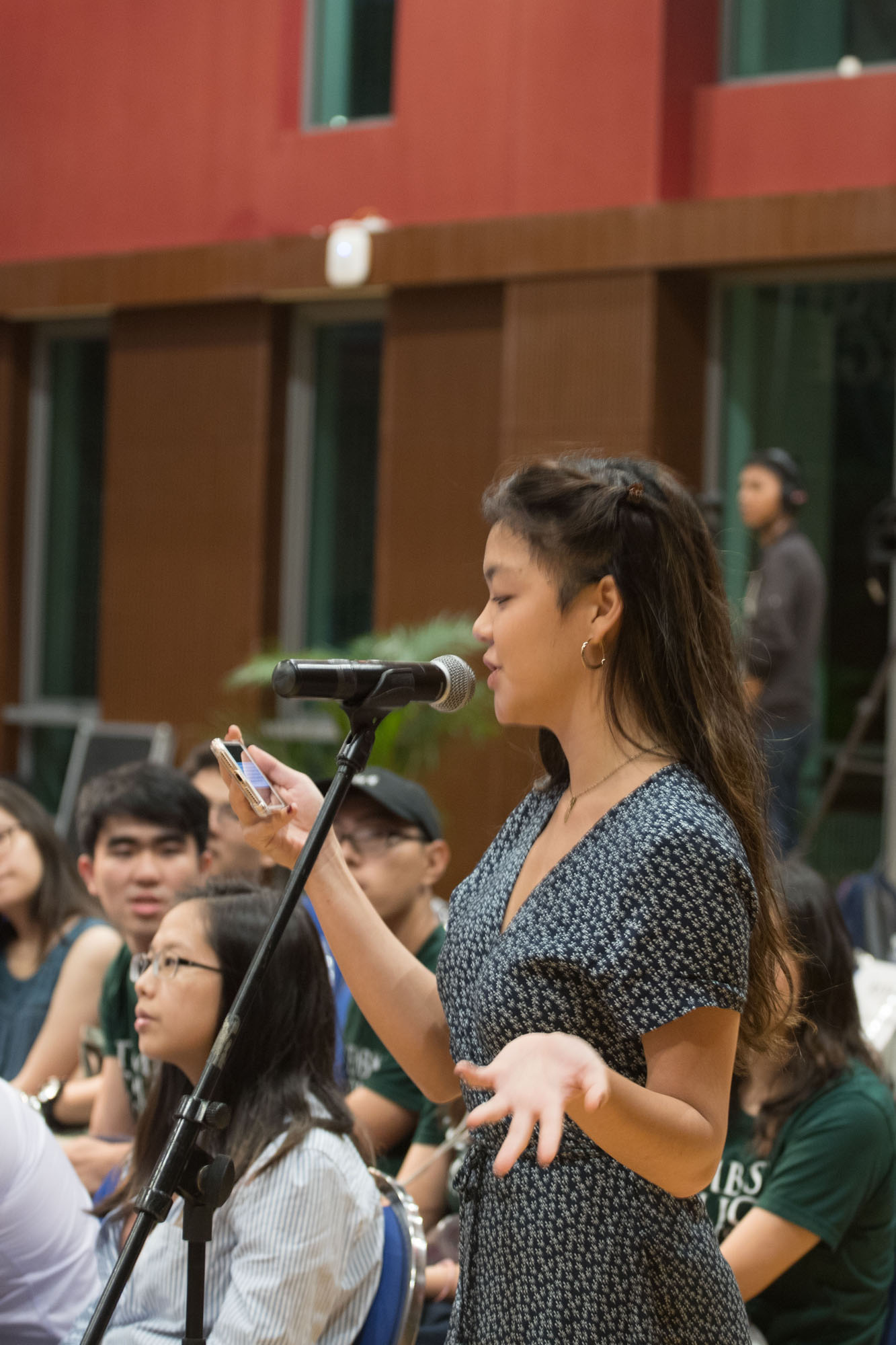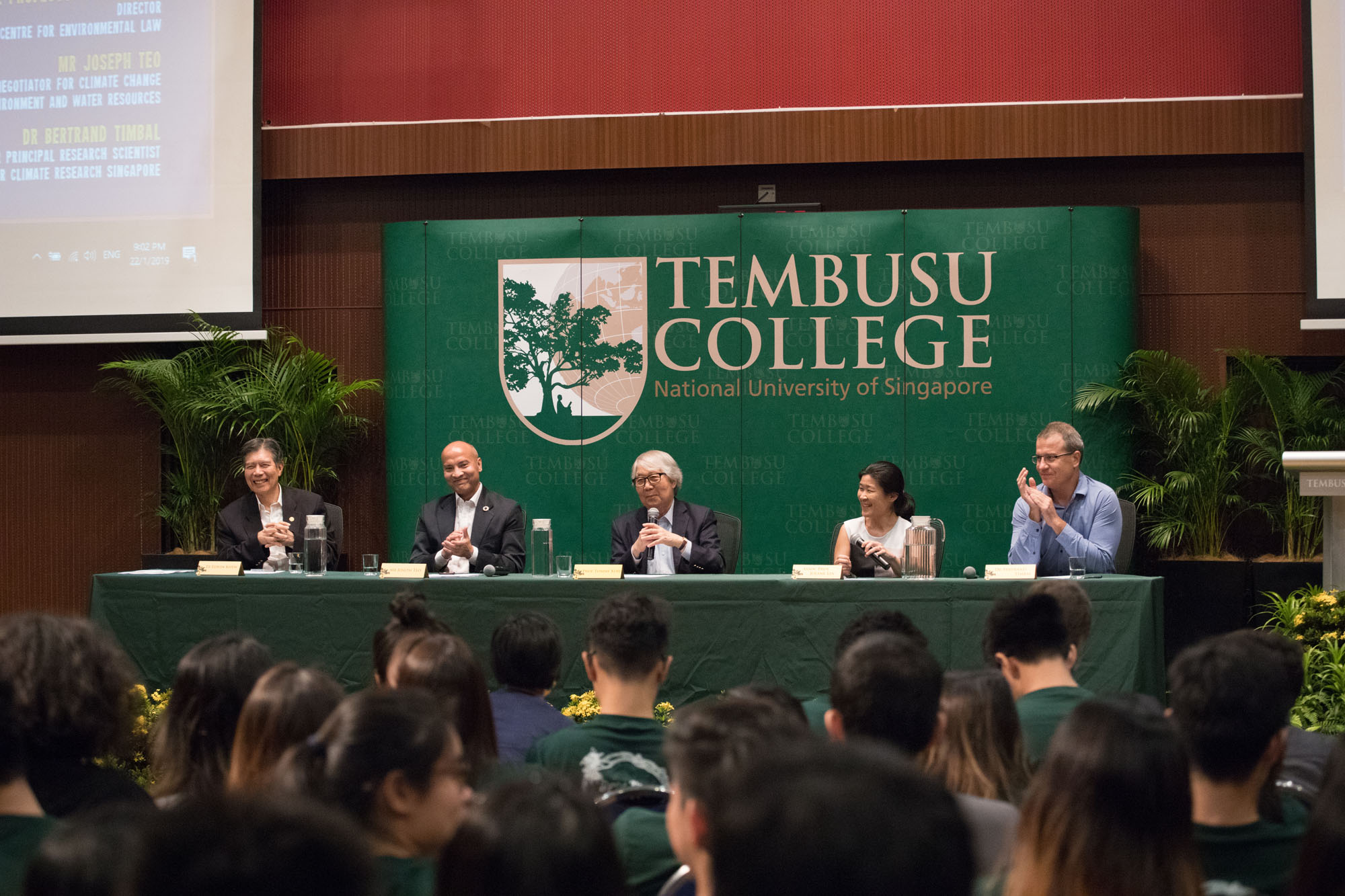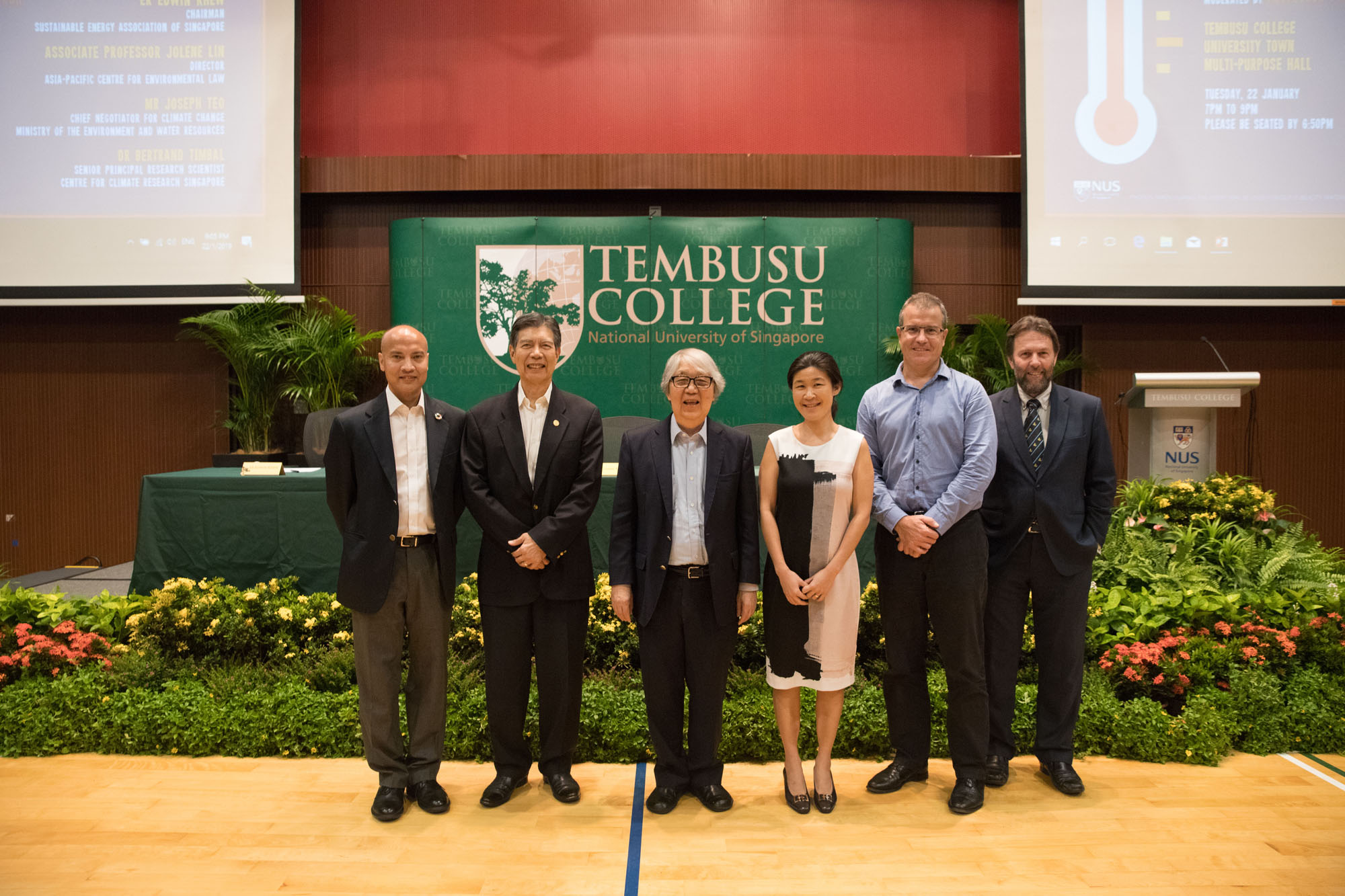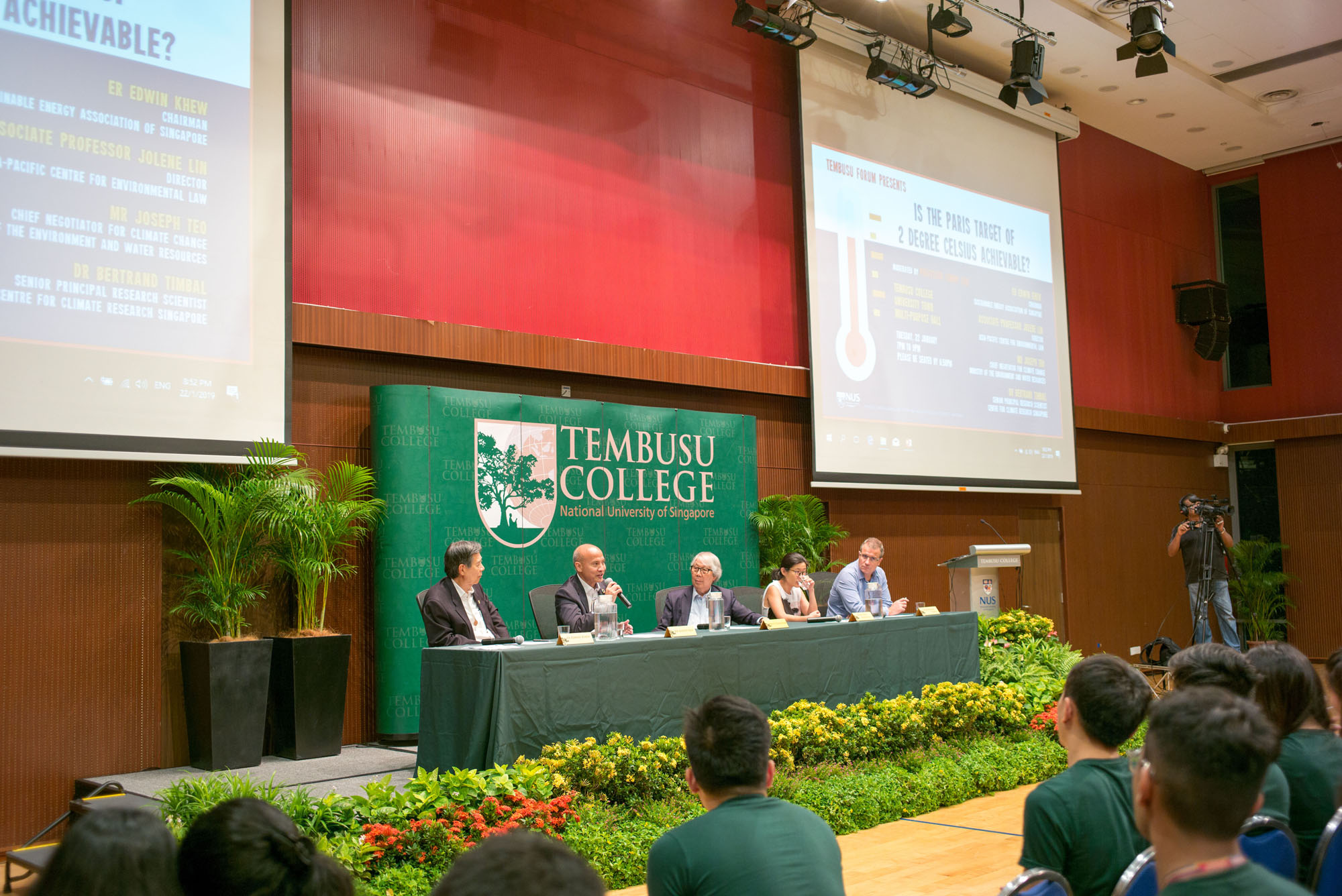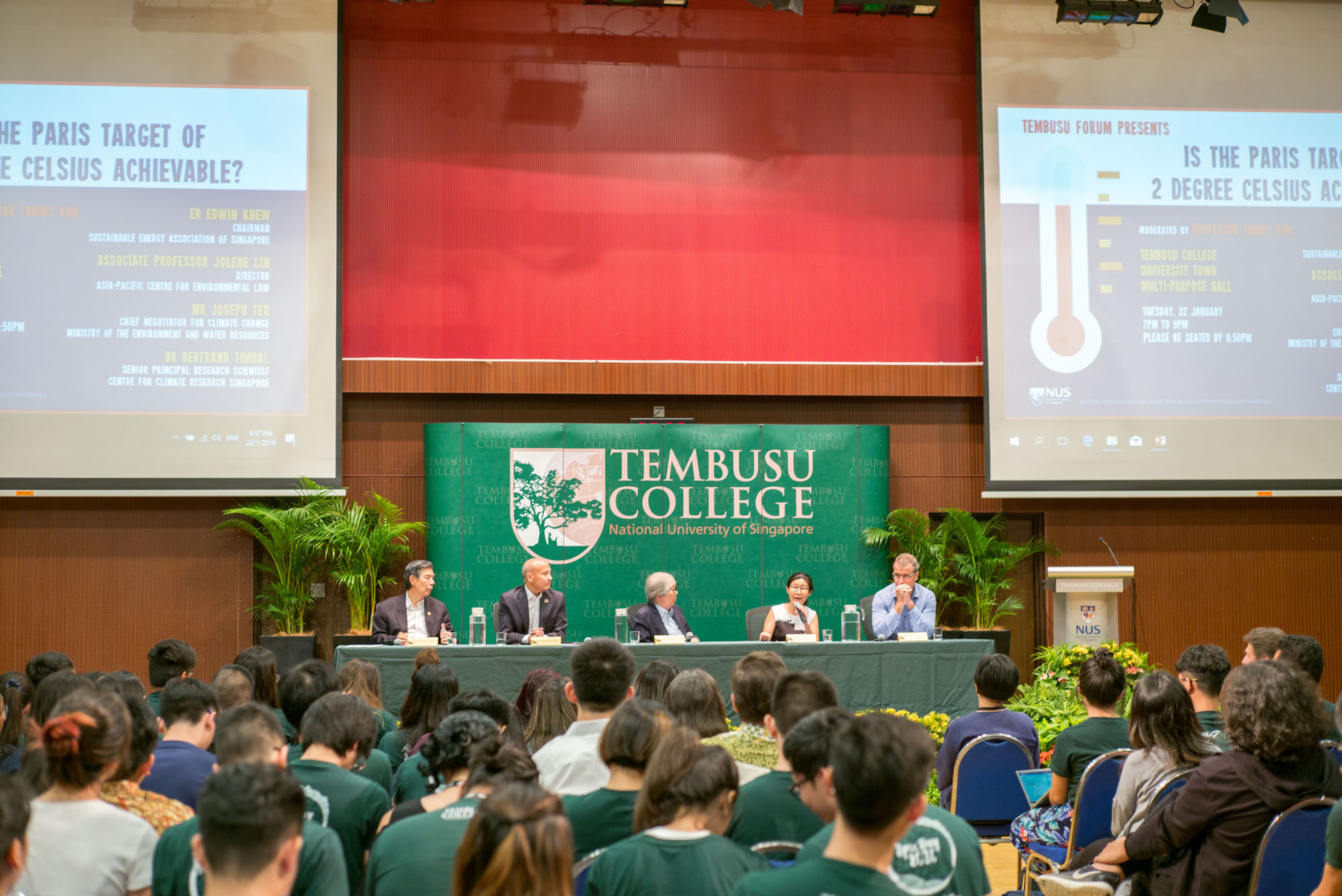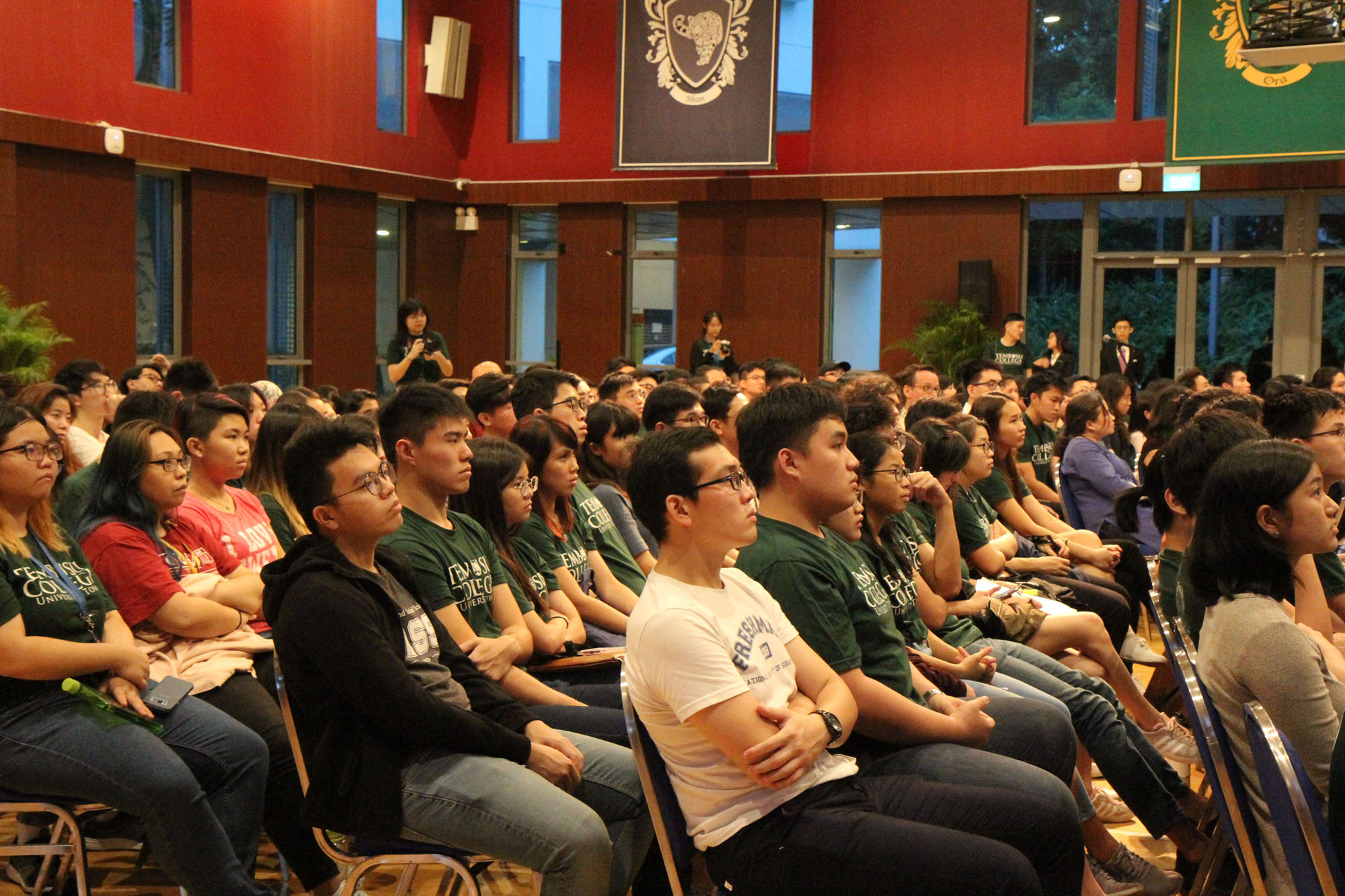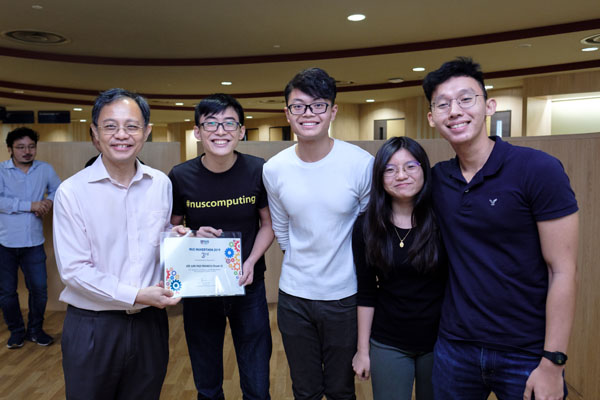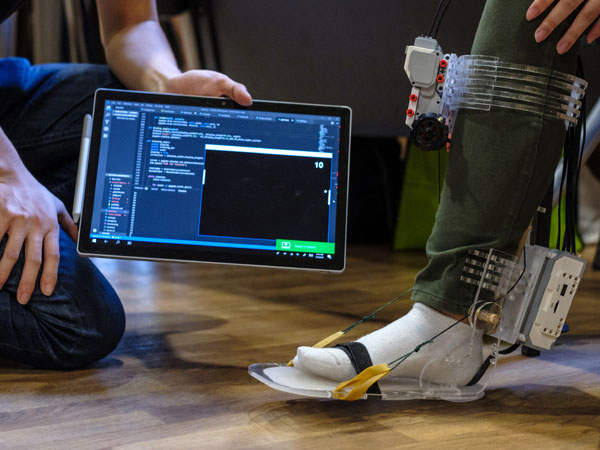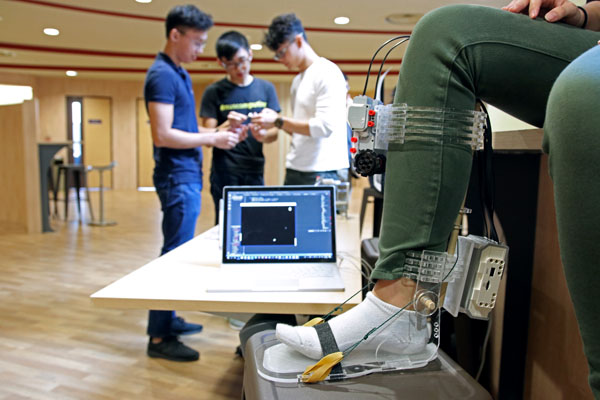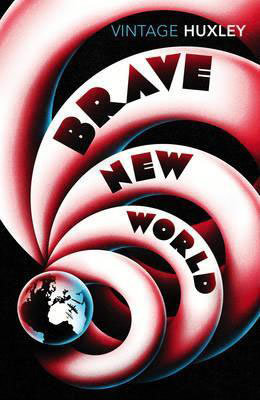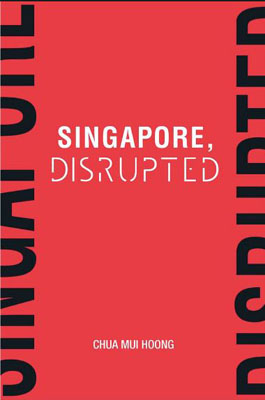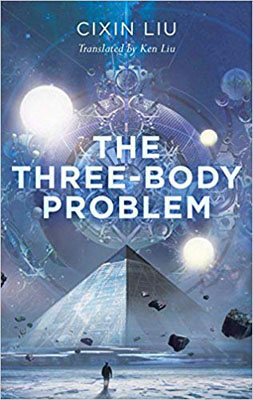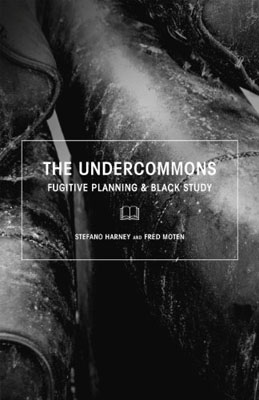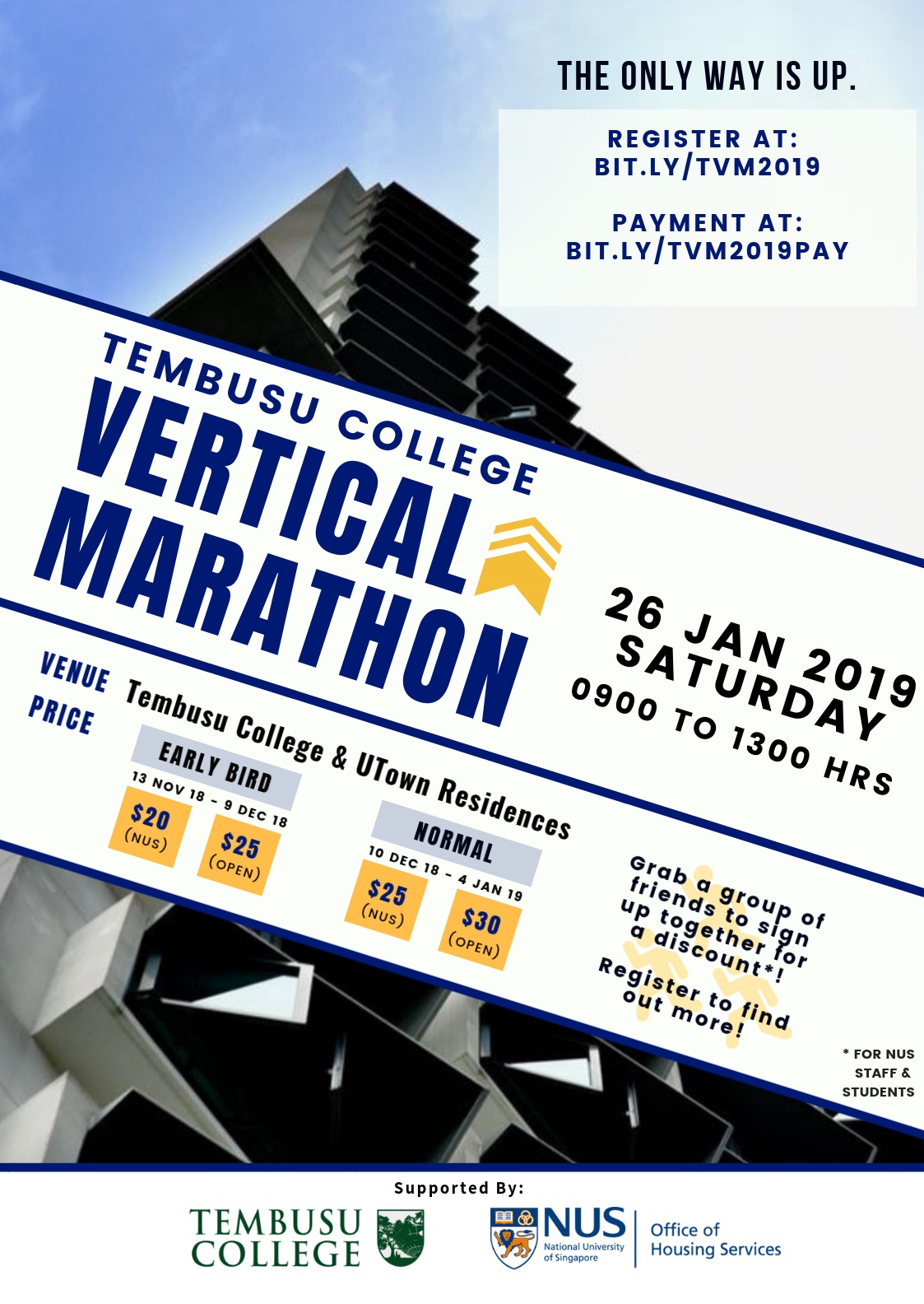Tag: 2019
By Professor Tommy Koh: Singapore and the United Kingdom: 1819 to 2019
On Jan 29 1819, Stamford Raffles, accompanied by William Farquhar and a small entourage arrived in Singapore. His objective was to establish a port and trading station for the East India Company. This is the beginning of the story of modern Singapore.
Our founding Prime Minister, Mr Lee Kuan Yew, held this view. Speaking to the Singapore International Chamber of Commerce on Feb 6 1969, Mr Lee said:”But for the wisdom and foresight of the Englishman with whose name the history of modern Singapore will always be associated, your Chamber, you and I, all of us would not be here today.”
Singapore’s founding fathers were famous for many things. One them was their disdain for political correctness.
They preferred the truth to fashion and never shied away from defying convention.
On Aug 8, 1969, a state banquet was held to celebrate both National Day and the 150th anniversary of the founding of modern Singapore. Princess Alexandra was among the invited guests, representing the British royal family.
Speaking at the banquet, Mr Lee said: “… we deem ourselves amongst the fortunate few who can afford to be proud of their past, with no desire to rewrite or touch up the truth. It is a short history, 150 years, but long enough for us to value our association with the British people.”
BICENTENNIAL BOOK
Singapore and the United Kingdom have a 200-year-old relationship. To commemorate the bicentennial, my friend, Scott Wightman, the British High Commissioner, and I have co-edited a book, entitled 200 Years of Singapore and the United Kingdom. It will be launched today (29 Jan), by Grace Fu, the Minister for Culture, Community and Youth. The purpose of this book is to undertake a balanced and objective review of the past 200 years, to draw some lessons from history and to think about the future. The book is not an attempt to glorify British imperialism and colonialism or the British rule of Singapore. I am not an admirer of Professor Niall Ferguson. He argued in his 2002 book, Empire: The Rise and Demise of the British World Order and the Lessons for Global Power, that the British empire was the cradle of modernity. In 2017, the Indian politician and intellectual, Shashi Tharoor, published a book, Inglorious Empire. The book is about the British rule of India. Tharoor accuses the British of having destroyed India, economically, culturally and psychologically. I regard Tharoor’s book as a good counter to Ferguson’s book. It is also not the purpose of our book to deny that Singapore had a history before 1819. We acknowledge that Singapore had been settled, not continuously, but intermittently, since the 14th century. We have therefore included essays, by the historian, Kwa Chong Guan and the archaeologist, John Miksic, on Singapore’s pre-1819 history. In his speech to the Singapore International Chamber of Commerce on Feb 6 1969, Mr Lee said: “When Stamford Raffles came here 150 years ago, there was no organised human society in Singapore, unless a fishing village can be called a society.”TIME TO HONOUR FARQUHAR
Mr Wightman and I both feel that Raffles has been given too much credit and William Faquhar, the First Resident, too little for his contributions to the success of Singapore. Raffles was the visionary. Farquhar was the pragmatist who turned the vision into reality. No one did more for the success of Singapore, in the first four years, than Farquhar. Graham Berry has written an excellent essay to set the record straight. We hope that, in this Bicentennial Year, the Singapore Government will acknowledge our debt to Farquhar in an appropriate way.MILESTONES OF A 200-YEAR JOURNEY
Two hundred years is a long time. We are only able to select a number of key milestones and requested some experts to write on them. For example, we have an essay by Peter Borschberg on the two treaties of 1824: the Anglo-Dutch Treaty and the Crawfurd Treaty. It was under the Crawfurd Treaty that the British obtained sovereignty to Singapore. We have an essay by Kennie Ting on Singapore’s port city heritage. He is an expert on port cities and is the author of a new book, Singapore 1819: A Living Legacy. Farish Noor has written an important essay on migration and multiculturalism in colonial Singapore. When Raffles founded Singapore, he appealed to Chinese, Indian, Arab, Jewish, Armenian and Western traders and entrepreneurs to come to Singapore. Many answered his appeal. Farquhar was able to use his reputation and network to persuade Malays, Bugis, Javanese, Acehnese, Boyanese and Minans to join the settlement. Farish Noor concludes that due to the fact that the settlers came from so many parts of Asia, “they gave to the land that they would adopt as their home a multi-perspective worldview that would ensure that Singapore remain a hub in the globalised post-colonial world to come.” Other milestones covered in our book include the Indian Mutiny of 1915, World War Two, the Japanese occupation, Subash Chandra Bose and the Indian National Army, the rise of nationalism and anti-colonialism, the political developments between 1945 and 1963 and from 1965 to the present. On the topics of merger and separation, we decided not to request two Singaporeans to write on them as we are all familiar with the Singapore narrative. To add value, we decided to invite two British historians, A J Stockwell and Nicholas J White, to do so. There is also a noteworthy essay by J Y Pillay on the decision by the British Government to withdraw from its military bases in Singapore by 1971. This was a big blow to the newly independent government, which was faced with high unemployment and the lack of job opportunities. It was estimated at the time that the withdrawal would mean the loss of about 10 per cent of our Gross Domestic Product. Miraculously, Singapore survived this early setback. The story is worth telling.THE BRITISH LEGACY
The biggest chapter of the book is on the British legacy in Singapore. We have many good essays on the English language, the rule of law, the free port, free trade, open economy, the civil service, health, education, welfare, town planning, low-cost housing, anti-corruption, business, sports, culture, the commonwealth, etc. The British left a rich legacy in Singapore. However, it is fair to say that, in many instances, the British had laid the foundation but, it was the government of independent Singapore which got the job done. This is true in the fight against corruption, in town planning, in the building of low-cost housing, in diversifying the economy, in cleaning and greening the city, etc. Irene Ng and Alan Hunt have written about the transformation of the relationship between Singapore and Britain, from 1965 to 2019. Foo Chi Hsia and Scott Wightman have written about the future of our relationship, post-2019.A PERSONAL REFLECTION
I was born and grew up in colonial Singapore. Colonial society was both racist and hierarchical. The whites were first class citizens. The Eurasians were second class citizens. The rest of us were third class citizens. The British colonial administration in Singapore did not observe the democratic norms and freedoms which the British citizens enjoyed at home. Any one deemed to be critical of or disloyal to the British could be banished to the land of his or her birth. I personally experienced censorship, for the first time in my life, when I was a student at Raffles Institution (RI). I had submitted two articles to the school magazines, one against apartheid in South Africa and the other criticising the way in which our hawkers were being hounded by the police. The school submitted my essays to the Ministry of Education, which decided that they could not be published. To be fair, I must also say that there were many good people from Britain who were working in Singapore, as doctors, lawyers, engineers, architects, teachers, etc. In RI, I had several expatriate teachers. I remember three of my teachers, Mr T J Evans, Mr J T Lippit and Mr W T Andrews, with respect and gratitude. To sum up, I would say that the British rule of Singapore was 60 per cent good and 40 per cent bad. However, compared to the other colonial rulers in Southeast Asia, the British were the least bad. The British left us with a rich legacy. We were able to build on that legacy and to catch up with and even surpass Britain in some respects. Over the past 200 years, the relationship between us has been transformed from that between the ruler and the ruled, between a rich and a poor country, between a developed and a developing country, into a relationship between two equals. When Britain leaves the European Union on March 29 this year, it will be in uncharted waters. I want to say to our British friends that they have our goodwill and support in their new journey. I have a final thought. I think we should remember the hardwork and sacrifice of generations of Singaporeans. It is the collective efforts of these people, over the past 200 years, which have produced the success story called Singapore.Is the Paris Target of 2 degree Celsius Achievable?
Click to enlarge
PROGRAMME:
| 6.50pm: | All to be seated in Tembusu College Multi-purpose Hall |
| 7.00pm: | Assoc Professor Gregory Clancey, Master of Tembusu College, will introduce the Tembusu Forum |
| 7.05pm: | Professor Tommy Koh, Rector of Tembusu College, will introduce the topic and speakers |
| 7.10pm: | Mr Joseph Teo |
| 7.25pm: | Dr Bertrand Timbal |
| 7.40pm: | Dr Jolene Lin |
| 7.55pm: | Er Edwin Khew |
| 8.10pm: | Question & Answer session with students |
| 8.50pm: | Concluding remarks by speakers and Chair |
| 9.00pm: | End of forum |
BRIEF BIOGRAPHY OF SPEAKERS:
Er Edwin T.F. Khew is a former Nominated Member of Parliament (NMP) and currently the Chairman of the Sustainable Energy Association of Singapore (SEAS), the Immediate Past President of The Institution of Engineers, Singapore (IES), a Supervisory Board Member of Solar Energy Research Institute of Singapore (SERIS) and Board member of the Professional Engineers’ Board (PEB) Singapore.
Er Khew was awarded the Public Service Medal (PBM) by the President of Singapore during Singapore’s National Day in 2014.
For the forum, Er Khew will present on the topic “Renewable Energy – will it help us achieve the 2 degree target?”
Dr Jolene Lin is Associate Professor of Law at the National University of Singapore (NUS). She is also the Director of the Asia-Pacific Centre of Environmental Law. Jolene’s research focuses on climate change law and transnational environmental law. She has done extensive research on climate change litigation, the role of cities in addressing climate change, and the use of market-based mechanisms to tackle environmental problems. Dr Lin has served as consultant to the Hong Kong Department of Justice, international NGOs, the United Nations Environment Programme, and global law firms. Apart from her research and teaching in environmental law, Dr Lin firmly believes in the power of individual and community action to protect our environment. She is a founder and non-executive director of Urban Spring Pte Ltd, a company that aims to reduce plastic waste by building a water refill network in Hong Kong and beyond.
For the forum, Dr Lin will share about the latest developments of the Paris Agreement Work Programme and the important role that cities play in achieving the 2 degree Celsius target.
Mr Joseph Teo assumed his appointment as Singapore’s Chief Negotiator for Climate Change on 2 July 2018.
Mr Teo is a career diplomat and held various appointments in the Ministry of Foreign Affairs (MFA). Prior to his secondment to the Ministry of the Environment and Water Resources, Mr Teo was Deputy Director-General, Americas Directorate, MFA. He also served as Singapore’s Deputy Permanent Representative to the United Nations in New York from 2015-2018.
Mr Teo was previously involved in the international climate change negotiations, having served as Singapore’s Deputy Chief Negotiator for Climate Change from 2012-2014, when he helped to coordinate the work of the Inter-Ministry Negotiating Team on all issues relating to the international climate change negotiations.
Mr Teo has also held varied appointments within MFA. He served as Senior Deputy Director, International Organisations Directorate from 2011-2012. Mr Teo was also part of the United Nations Security Council (UNSC) Task Force, when Singapore was a non-permanent UNSC member from 2000-2012. His other assignments in MFA include stints at the Public Affairs Directorate, the ASEAN Directorate, International Economics Directorate, and the Africa and Middle East Desk.
Apart from his assignment in New York, Mr Teo also served at other Singapore Embassies/Missions abroad. He was the Deputy Chief of Mission at the Singapore Embassy in Belgium (2005-2008) and was First Secretary at the Permanent Mission of Singapore to the United Nations and the World Trade Organisation in Geneva (1995-1998), where he was concurrently appointed Singapore’s Consul in Switzerland from 1995-1998.
Mr Teo has a Bachelor of Economics Degree (First Class) from Murdoch University, Perth, Australia, in 1992, and a Masters of Arts Degree from Stanford University, USA, in 2000.
The Government of Singapore awarded Mr Teo the Public Administration Medal (Bronze) in 2010 and the Long Service Medal in 2016.
For the forum, Mr Teo will give an overview of the outcome of the recently concluded UN Climate Conference in Katowice Poland, and address the topic from an international negotiations perspective.
Dr Bertrand Timbal has been leading the Climate activities in the Centre Climate Research Singapore (CCRS), the research arm of the Meteorological Service Singapore (MSS) since 2016.
His research aims to develop techniques to translate climate change information from climate models to smaller scales in order to provide useful information for climate change impact studies as well as detection and attribution of ongoing observed changes. He has extensive experience in national climate change projections, developing downscaling methods and products and reaching out to the impact community in particular in the water management sector. Dr Timbal has published about 150 peer-reviewed publicly available papers.
Dr Timbal has worked in climate change research area since the early 1990s He completed his PhD at the French National Met Service (Meteo-France) in 1994 and then moved to Australia in 1996, where he led various research programs toward understanding climate variability and changes as part of the research division of the Australian Bureau of Meteorology, during a 20-year period.
For the forum, Dr Timbal will provide some high level comments on the IPCC Special Report on the impacts of global warming at 1.5C and comment on the likelihood to achieve this ambitious goal.”
An interview with Jeremy Fernando in Clarín
In November 2018, whilst at the 4th Bienal de la Imagen en Movimiento (Moving Images Biennale) in Buenos Aires, Jeremy Fernando was interviewed by Carolina Keve of Clarín about his relationship to art, to writing, and to thought. In it, he attempts to “disarm the role of the author in order to place it on a more democratic plane.”
To read the interview, please go to https://www.clarin.com/revista-enie/ideas/escritura-hora-duelo_0_xqBGrfbCb.html
Clarín is the largest newspaper in Argentina.
2 talks by Jeremy Fernando at the Central Public Library
1. reading | art | resistance
Wednesday, 20 February
7pm
In this performance-talk, Jeremy Fernando will attempt to respond the possibility of art as resistance — that is, meditate on the possible relationship between resistance and art. And he will do so whilst foregrounding the fact that if art is the openness to possibilities, nothing can be known until it happens; after which it still quite possibility remains beyond cognition. Thus, the only thing one can do, is to resist what one thinks art itself is; and to read the work, attempt to encounter the work. As part of his performance, he will be showing works — from Singapore and beyond — that he thinks demonstrate possibilities, stage resistances.
To register: https://www.nlb.gov.sg/golibrary2/e/alt-txt-reading-art-resistance-71357805
2. writing | walking | blindness
Wednesday, 27 February
7pm
In this performance-talk, Jeremy Fernando will attempt to attend to the relationship between walking and thinking — movement and thought — through the all-too-familiar situation, scenario, of writer’s block. It opens with a meditation on the very moment he was unable to write — alongside the irony of writing about it. Which suggests that this writing — perhaps all writing — is an act of memory: one that is unable to account for the possibility of forgetting — and, thus, also fictionality. And in that spirit, he will offer the possibility that a painting — ‘Squid Love’ by Yanyun Chen — is the site through which this piece has been inked.
To register: https://www.nlb.gov.sg/golibrary2/e/alt-txt-writing-walking-blindness-58370953
Tembusu Reading Pods AY2018/19 Sem 2
Register by 20 Jan 2019
Care to read and discuss a book outside your curriculum this semester? Simply choose one of the six titles offered by students and faculty of Tembusu College and register via Eventbrite (click on the link) by 20th January 2019, Sunday.
An email will be sent to all participants after 20th January to confirm their registration. The reading pod facilitator will contact participants via email to provide more details (starting date and venue).
Participants will be responsible to purchase their own book; eBook is accepted. The first 5 sign-ups are eligible for the subsidy (You need only pay S$10 for the book of your choice); participant should submit a RFP form with receipt attached to the college office for reimbursement of their purchase (e.g. book purchased at $15, college will reimburse $5). Subsequent sign-ups are welcome.
Click on the images for more information.
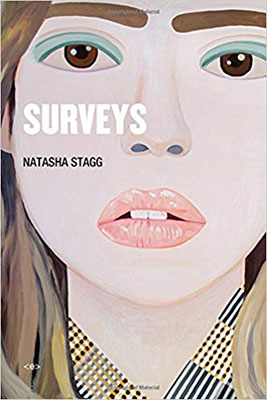
Tembusu Vertical Marathon 2019
Tembusu Vertical Marathon is back!
Tembusu Vertical Marathon aims to involve students residing in Tembusu College, students in the National University of Singapore (NUS) and the public, with the purpose of bringing people together and promote a healthy lifestyle among participants.
Tembusu Vertical Marathon will be held on the 26th of January 2019 at Tembusu College, University Town NUS. The route consists of 69 storeys, scaling 3 buildings (Tembusu College and UTown Residences). Early bird sign-ups have opened! So what are you waiting for?
Sign up now!
Step 1: Follow the guide at bit.ly/tvm2019guide
Step 2: Register at bit.ly/tvm2019
Step 3: Pay at bit.ly/tvm2019pay ,which will be presented after you submit your registration. Alternatively, you can click this link as well!


